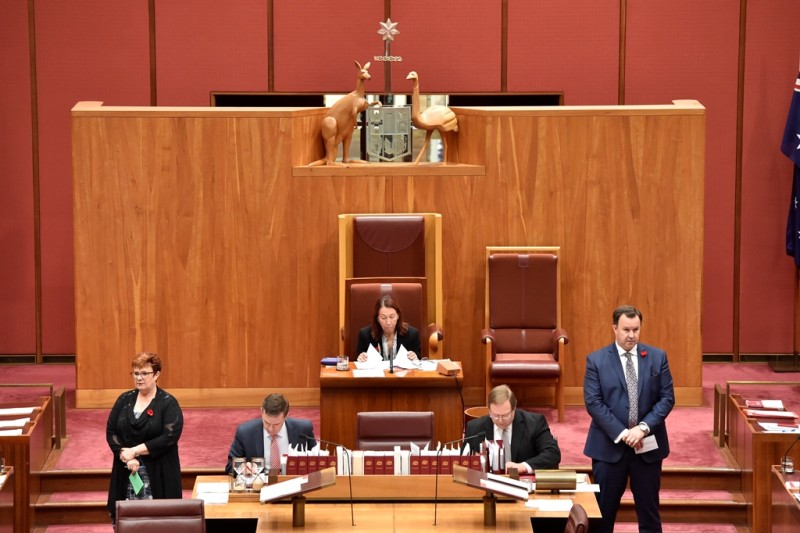Why would an independent senator need to be a ‘whip’?
An independent senator might nominate themselves as a whip because the Senate’s rules – called standing orders – recognise the role of whips for organising business in the Senate.
In the Australian Parliament, the role of a whip is traditionally associated with party discipline – they ensure party members attend votes, follow the party’s position and they maintain communication between party members. However, independent senators may choose to nominate as a whip because under the standing orders of the Senate, whips can have a greater say in organising Senate business. This includes:
- helping to decide which bills are sent to Senate committees
- influencing which issues are discussed in the Senate.
Independent whips do not carry out all the traditional duties of a party whip, but the role can give them a more formal voice in deciding the work of the Senate.
The House of Representatives has different standing orders. In the House of Representatives, independent members usually work directly with the Speaker of the House or party whips when organising the business of the House, rather than becoming a whip.
Party whips counting the votes in a division in the Senate

DPS Auspic
Description
Two party whips standing on either side of the Clerk's table in the Senate during a division – a formal vote. The whips are responsible for counting and recording the votes. The whips also have other responsibilities as they help manage their party during sitting weeks in the Australian Parliament.
Permission should be sought from DPS AUSPIC for third-party or commercial uses of this image. To contact DPS AUSPIC email: auspic@aph.gov.au or phone: 02 6277 3342.